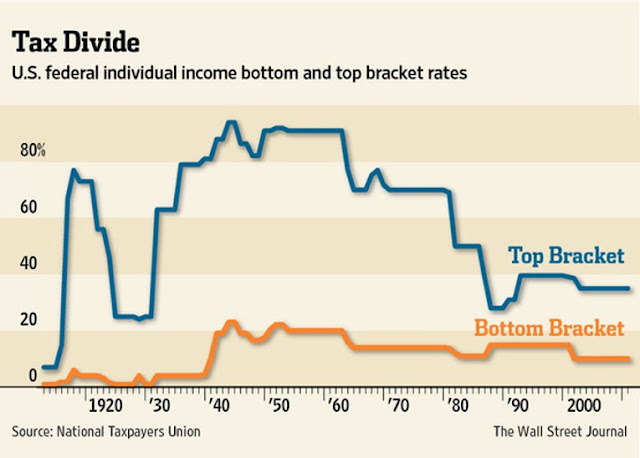Here is a notice of an upcoming talk at the Foreign Correspondents Club of Japan that I found to be of interest.
I am sure there is some political hyperbole here, and there are also some big 'ifs.' But this sort of thing does seem to be the general trend amongst the developed nations.
Democracy was an innovation imposed on Japan in the aftermath of the second World War. Most westerners do not realize that for the majority of its political life, the postwar government of Japan has been a government dominated by a single party, the LDP in partnership with their corporate combinations, or keiretsus.
And this 'Japan Model' of concentrated political power in a partnership between government and their corporations is responsible for the lack of reform that led to Japan's 'lost decade.'
The Constitution and its integrity takes on an added importance to those devoted to the democractic freedoms and individual protections for this reason.
The Foreign Correspondents Club of Japan
Shinzo Abe's Radical Plan to Change Japan's Constitution
Lawrence Repeta, Professor, Meiji University School of Law
Masako Kamiya, Professor, Gakushuin University Faculty of Law
Yoichi Kitamura, Representative Director, the Japan Civil Liberties Union
12:00-14:00 Thursday, February 21, 2013
Japan's Liberal Democratic Party has made no secret of its plan to comprehensively reform the Constitution, which it says was 'imposed' on the country after World War 2. On April 28, 2012, it revealed what these plans are. The date was chosen to commemorate the sixtieth anniversary of the San Francisco Peace Treaty.
In Diet interpellations on January 30, Prime Minister Shinzo Abe declared that the party would move forward with these plans under his leadership. For many years, debate over constitutional amendment has focused on the war-renouncing Article 9 but the LDP reform plan is far more radical.
If successful, the party would delete Article 97, the Constitution's most powerful declaration of human rights, and make several other far-reaching changes, including elevating maintenance of "public order" over all individual rights; adding a new requirement that citizens "respect" the kimi ga yo hymn and the hinomaru flag; eliminating free speech protection for activities "with the purpose of damaging the public interest or public order, or associating with others for such purposes"; and reducing parliamentary majorities required for constitutional amendments.
If the party achieves these goals, it will create a Constitution that mandates citizen obligations to the state rather than the other way around. This would effectively mean a rejection of popular sovereignty and a return to Japan's prewar order. The LDP and its allies secured more than two-thirds of the House of Representatives in December elections. If they can achieve the same level in the House of Councilors, the door will be open to a new Constitution to match Mr. Abe's vision.
A panel of experts has agreed to come to the FCCJ and explain the significance of these enormously important proposals. Lawrence Repeta is a professor at Meiji University Faculty of Law. Masako Kamiya is a Professor of Law at Gakushuin University and representative director of the Japan Civil Liberties Union. Yoichi Kitamura is a representative director of the same union and a co-counsel in many noteworthy cases, including litigation that led to the historic 2005 Supreme Court decision that found the Diet in violation of the Constitution for failing to adopt adequate voting procedures for Japanese who reside abroad.
Please reserve in advance, 3211-3161 or on the website (still & TV cameras inclusive). The charge for members/non-members is 1,700/2,600 yen, non-members eligible to attend may pay in cash (menu: braised chicken with rosemary and cream sauce). Reservations canceled less than one hour in advance for working press members, and 24 hours for all others, will be charged in full. Reservations and cancellations are not complete without confirmation. For meal service, please enter the room by 12:25.


.svg.png)





























